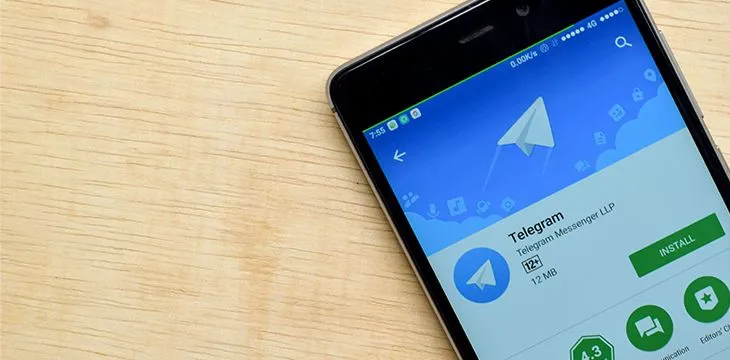|
Getting your Trinity Audio player ready...
|
The fact that two companies sent Telegram invoices for token sales well after it had completed its initial coin offering (ICO) for its GRAM cryptocurrency is enough for the U.S. Securities and Exchange Commission (SEC) to reassert that Telegram had been offering unregistered securities.
The commission released documents last Friday providing the revelation as evidence in its ongoing fight with the social media company, adding that the invoices show that Telegram’s assertion that it was exempt from registration requirements is invalid.
Gem Limited and Da Vinci Capital both invoiced Telegram for commissions on what the invoices describe as “subsequent sales” of purchase agreements for GRAMS. Gem was reportedly looking for $1.1 million and Da Vinci, $209,783 through the invoices after they sold $13.3 million and $2 million, respectively, to different firms in the summer of 2018. The ICO had taken place earlier that year, running in February and March.
According to an SEC filing on the subject, “These documents undermine Telegram’s claimed affirmative defense that the Offering was exempt under Regulation D. First, Telegram either raised more than the $1.7 billion for which it claimed an exemption, or it did not raise $1.7 billion as of March 29, 2018 and the later funds may have been raised through underwriters.”
Gem and Da Vinci are being viewed as underwriters in the SEC’s case against Telegram. The commission asserts that, per its statutes, no offering, such as an ICO or initial public offering, is permissible where a purchaser is effectively acting as an underwriter. Gem reportedly sold its purchase to Goliat Solutions and Space Investments and Da Vinci to a fund managed by its portfolio company, ITI Funds.
Those underwriter sales aren’t permissible; however, the originator of the ICO is only required to make a “best effort” to prevent subsequent sales—it is not obligated to go out of its way to control what happens when an entity makes a purchase. As such, Telegram asserts that the two entities only received finders’ fees for the other investors, and that it hadn’t been involved in any of those tertiary purchases. To date, the SEC has not been able to provide concrete evidence that Telegram was part of, or even aware of, any additional sales beyond its initial ICO.

 09-18-2025
09-18-2025 





